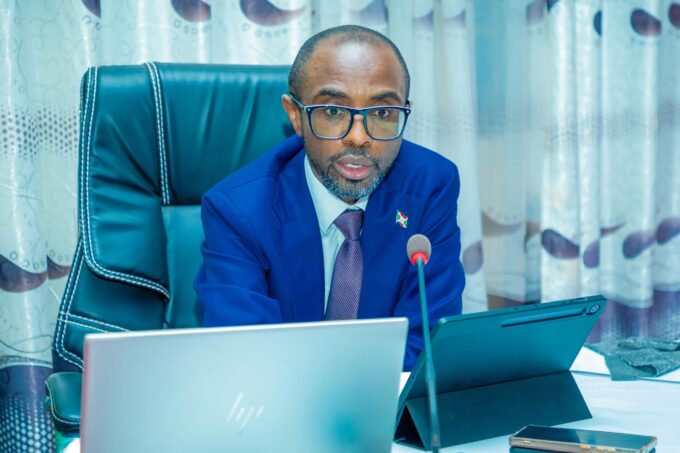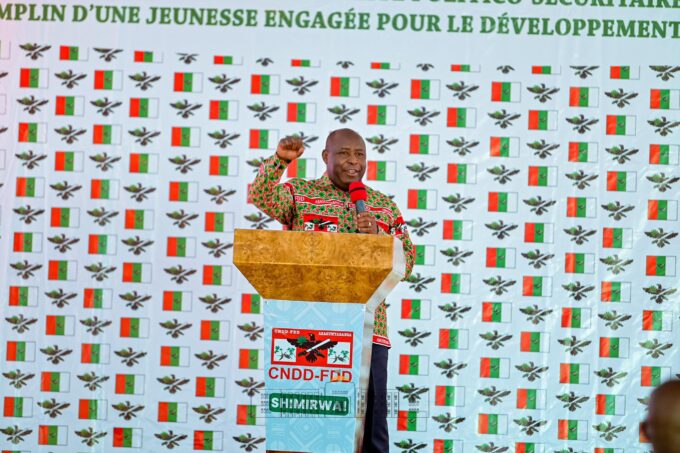Burundi’s central bank has announced plans to facilitate trade payments in the Chinese yuan as the country grapples with a worsening foreign currency shortage, a move aimed at easing imports but raising concerns among economic experts that it may not address underlying issues.
Speaking to local media earlier on Monday, economist Diomède Ninteretse criticized the Bank of the Republic of Burundi (BRB) for turning to the yuan, arguing that the decision underscores a prolonged and severe lack of hard currency—a problem that has persisted for at least five years.
“This shortage largely stems from a sharp decline in export revenues, particularly from traditional products like tea and coffee, which used to generate significant foreign currency,” Ninteretse said. “Mineral exports have also fallen, as well as goods we previously sold abroad, such as Brarudi beverages that once brought in hard currency.”
Last week, the BRB said in a statement that the initiative would allow commercial banks to process import payments on behalf of production companies using the yuan. About 20 companies have reportedly committed to adopting the arrangement, which the government says will help key sectors, including manufacturing and industry.
Despite the central bank’s assurances, Ninteretse questioned whether the shift would meaningfully benefit Burundi’s struggling economy.
“This falls within BRB’s mandate, but it doesn’t mean Burundi will start earning yuan anytime soon, given that we currently have almost nothing to export to China,” he explained. “In the short term, this could even hurt us, as the yuan faces global challenges, including limited access to SWIFT, which complicates conversions into U.S. dollars or euros. It’s unlikely Burundi will benefit from using the yuan more than China itself.”
He further noted that the population and businesses are not familiar with the Chinese currency, which could hinder implementation.
The decision comes amid ongoing economic turbulence marked by soaring inflation, a rapidly depreciating Burundian franc, and widespread shortages of essential goods. Authorities have repeatedly said a long-term solution hinges on boosting mineral exports, though Ninteretse remains skeptical.
“It’s too early to expect any meaningful impact, especially when most of our urgent import needs are not tied to the Chinese yuan,” he said, urging the central bank to clearly explain how traders should navigate the new system.








Leave a comment